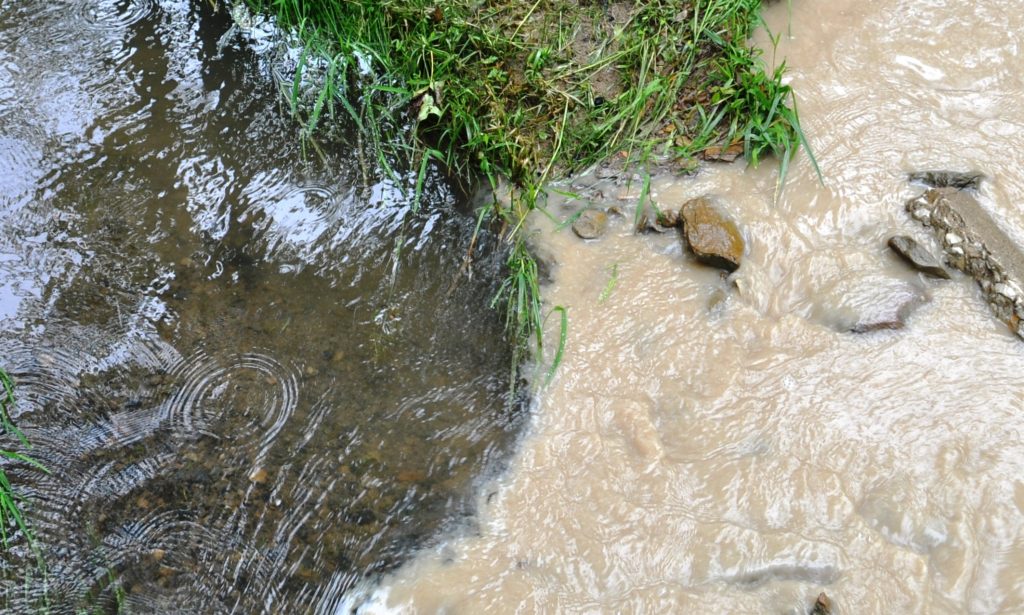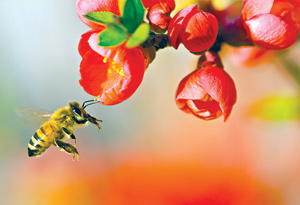Posts Tagged ‘Pesticides’
Hazardous Spray
Residents and beekeepers are working with electric cooperatives to opt out of herbicide applications.
Read MoreWhite House Unveils New Plans to Protect Honeybees
By Laura Marion The White House unveiled its federal honeybee protection plan less than a week after the U.S. Department of Agriculture reported that honeybee populations further declined by 40 percent between April 2014 and April 2015. The agency’s National Strategy to Promote the Health of Honey Bees and Other Pollinators plan will provide funding…
Read MorePublic Comment Period on Key Ingredient of RoundUp
By Laura Marion This May, the U.S. Environmental Protection Agency told Reuters news agency that it has finished a review of the health and environmental impacts of glyphosate — a chemical used in popular herbicides such as RoundUp — and will release a preliminary human health risk assessment this July. After this release, the EPA…
Read MoreExposed: Linking Human Health and the Environment
As an assortment of pollutants leach into our lives, the harmful effects continue to surface in public health. Read about the connections between human health and environmental concerns associated with energy, pesticides and climate change. This article is featured in an Appalachian Voices webinar
Read MoreNational Attention on Pesticides
By Amber Ellis A recent study from the University of California claims that pregnant women living within a mile of farms using popular agricultural pesticides were 60 percent more likely to have a child with developmental delays or autism. And new research indicates that pesticides are also a growing threat to pollinators and, by extension,…
Read MoreGarden Advice from the Experts!
As we prepared this agriculture-themed issue of The Appalachian Voice, we couldn’t help but think of how to improve our own green thumbs. We took the following questions to Ruth Gonzalez and Meredith McKissick at the Organic Growers School, a nonprofit that promotes sustainability through educational opportunties in Southern Appalachia. 1. Is there a way…
Read MoreBee Deaths Linked to Pesticides
By Davis Wax More than 30 percent of managed bee colonies in the United States perished this past winter, and beekeepers are looking for answers. While parasites, viruses and malnutrition can be factors in entire hives dying, evidence is building that pesticides are one of the major culprits. Danny Jaynes, president of the N.C. State…
Read MoreToxic Legacy
Yesterday’s Pesticides, Today’s Problem By Davis Wax Since the dawn of agriculture, pests have been the bane of growers across the globe. Early evidence shows sulfur was used against molds more than 2,000 years ago in China. But it wasn’t until the rise of more concentrated and commercialized products such as DDT in the past…
Read More



